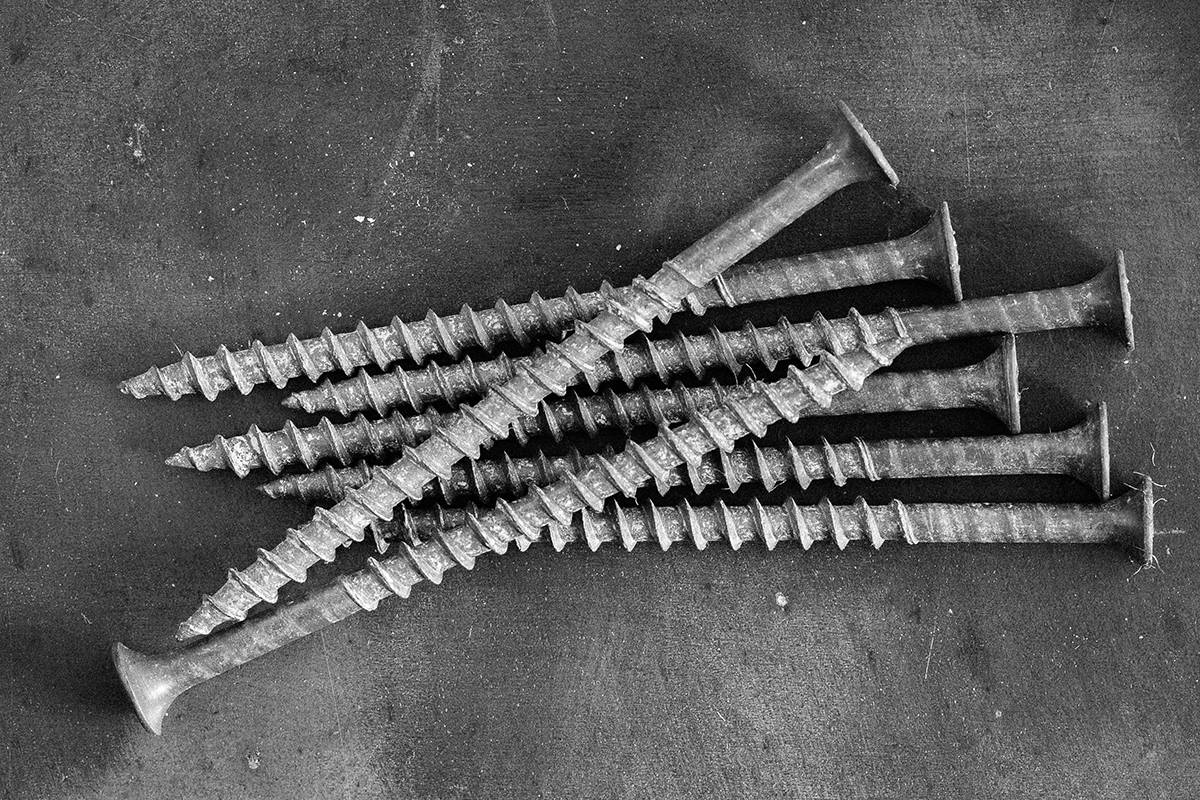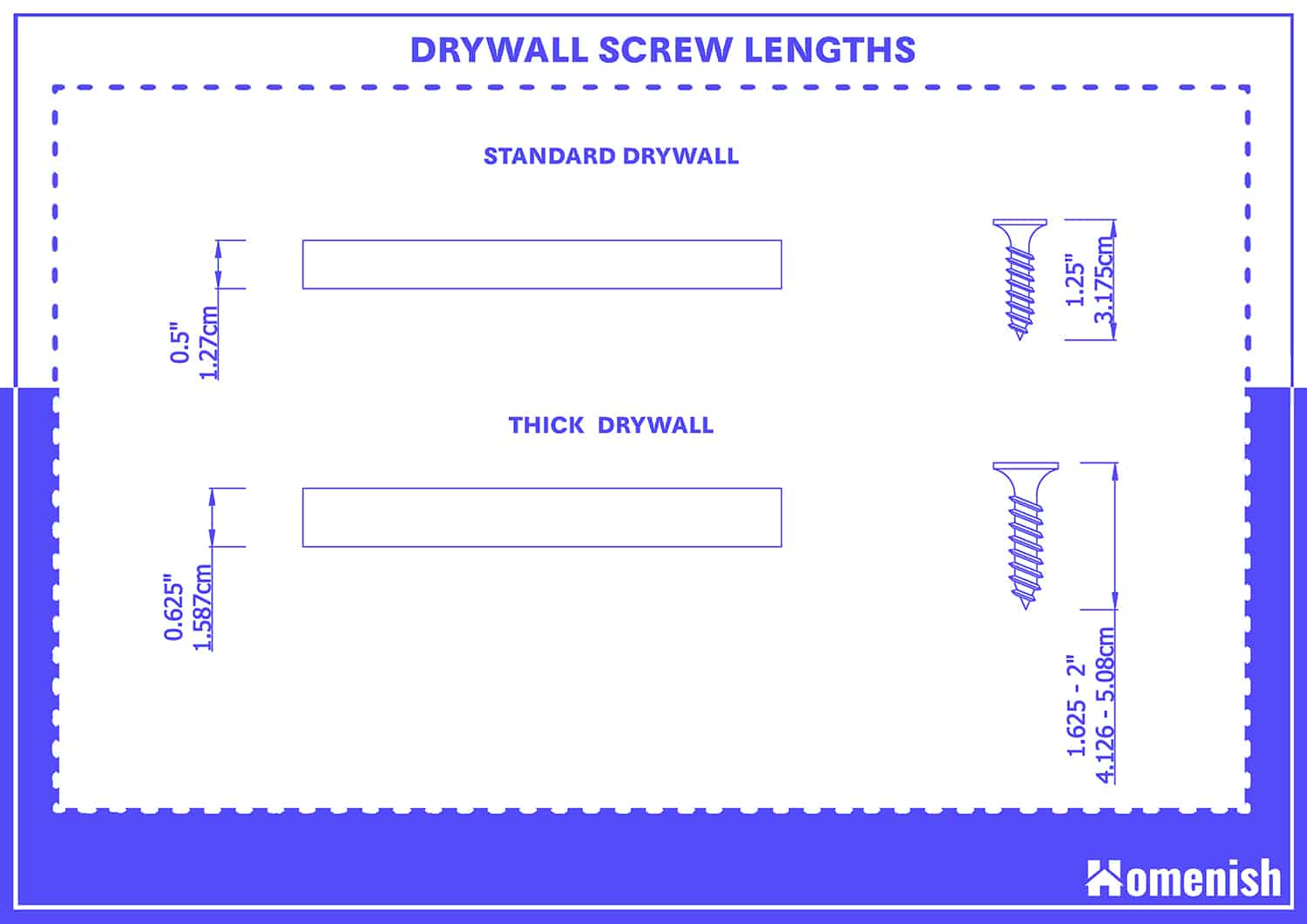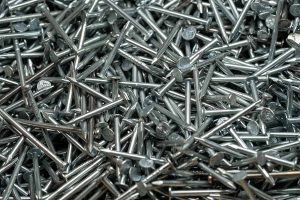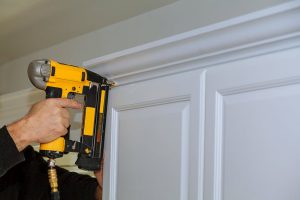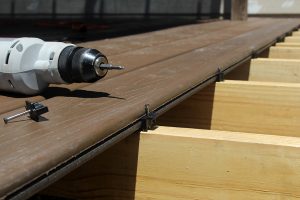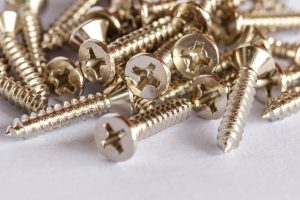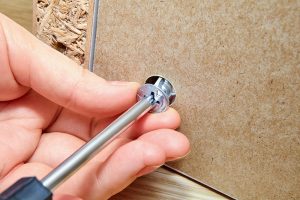To effectively attach drywall to studs, you’ll need to select the correct size of screw. While there is a huge variety of screw sizes available for building work, there are only a handful of sizes that are suitable for use with drywall.
You can typically find these under the heading of ‘drywall screws’ at the hardware store, though you might be interested to know that each screw size is appropriate for a particular type of drywall. Here we look at the drywall screw size you should be using for various drywall projects.
Drywall Screw Length
Standard drywall has a thickness of half an inch. This is the most common type of drywall used in home building, which will be needed for the majority of drywall projects. Other types of drywall include x-type drywall, which has a slightly thicker measurement of ⅝ inches. This is the type of drywall you would need to use on certain areas of condos or multi-family homes to meet fire safety codes.
X-type drywall is also used in furnace rooms and in garages, as these are the most common areas where fires start. This type of drywall works to reduce the spread of flames, and due to its thickness, will need a slightly longer length of screw to keep it securely in place.
You can also get drywall which is thinner than the standard half-inch measurement, with a thickness of just a quarter inch. This drywall is flexible and so is used to achieve curved walls. Due to having a more shallow depth, screws suitable for use with this type of drywall can be slightly shorter.
The recommended length of screw for working with standard drywall is 1 ¼ inches. This is the most common length of screw people use for drywall projects to attach the drywall sheeting to wooden wall studs. For thicker drywall measuring ⅝ inches, you should use screws that fall into the range of 1 ⅝ and 2 inches in length.
In instances where thicker drywall is used on ceilings, it is common to use screws measuring 1 ⅝ inch, which allows a whole inch of the screw to sink into the wooden beams underneath. This will help to prevent sagging on ceilings and cope with the additional weight. For thinner drywall, use screws that are a minimum of 1 inch in length and a maximum of 1 ¼ inch.
For ease, keep this information to refer back to later if you are unsure of which length of screws to use with your drywall:
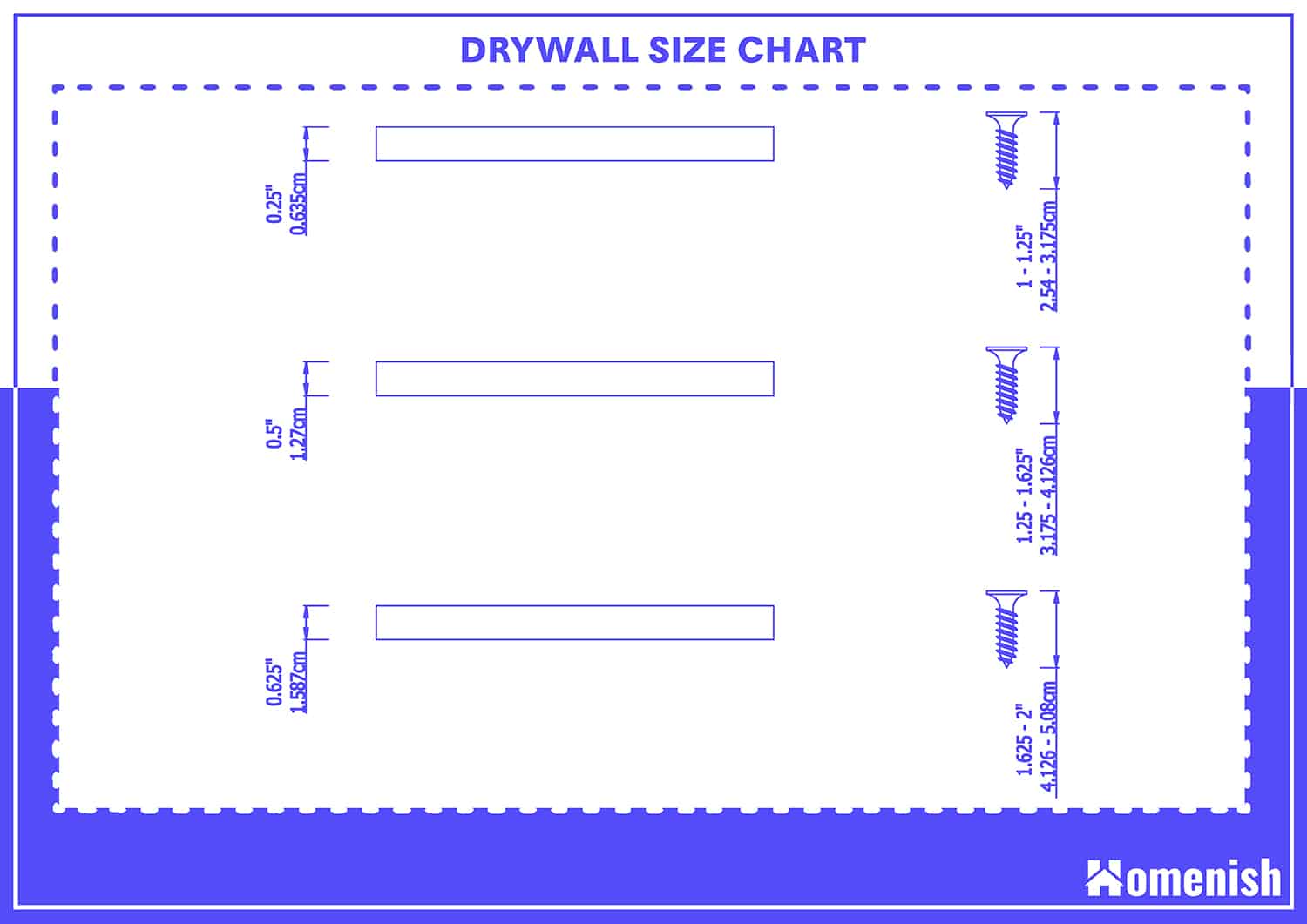
- ¼ inch drywall = 1 inch to 1 ¼ inch long screws
- ½ inch drywall= 1 ¼ inch to 1 ⅝ inch long screws
- ⅝ inch drywall= 1 ⅝ inch to 2 inch long screws
Drywall Screw Thread
As well as the length, the thread on a drywall screw will impact its effectiveness. Drywall screws will come in a coarse thread or a fine thread, and they are best suited to different types of projects. For most people who are attaching drywall to wooden studs, coarse threaded screws are undoubtedly the best option.
These screws work well with wood because they latch onto the wood and pull the drywall tighter to the stud as they penetrate further.
This results in a secure fix and a nice, level finish. For this reason, coarse threaded screws are the most commonly used type of screws for the majority of drywall construction. Just be sure to wear gloves when working with these screws because they have a tendency to throw out metal burrs which can sink into your skin.
Fine threaded screws also have their place in drywall construction. These types of screws are best for projects which require you to attach drywall to metal studs. This is a less common situation, which is why these types of screws are less widespread compared with coarse drywall screws.
Fine threaded screws are self-threading and are able to grip into metal surfaces better than coarse screws. If you tried to use a coarse drywall screw with metal work, you would likely find that the screw will chew up the metal stud, resulting in a loose hold. Similarly, fine threaded screws are unable to grip into the wood as well as coarse screws, which is why these are not recommended for use when attaching drywall to wooden studs.
- Wooden studs= Coarse thread screws
- Metal studs= Fine thread screws
Drywall Screw Gauge
The gauge of a screw is a number that relates to the diameter measurement of the screw. To understand screw gauges, you’ll need to remember that the higher the number is, the larger the diameter of the screw is.
For drywall screws, you will most commonly need them to have a gauge of #6. This translates to an actual diameter measurement of 0.1380 inches. When shopping for screws, the gauge of the screw is usually listed after the length. So, for example, a screw that has a length measurement of 1 ¼ inch, and a gauge of 6, will be shown in the store as ‘1.¼ x 6’.
For almost all drywall installation, a gauge of 6 will be appropriate, but in some instances, you may want to go for a screw with a thicker gauge, such as the #8, which in real terms will be a diameter measurement of 0.1640 inches.
When completing other projects, don’t be tempted to use gauge #6 screws, as they will snap in most other applications. For screwing subfloors or other non-drywall materials, you should use a minimum of gauge #8 screws because these surfaces are too dense for #6 screws and will cause breakages.
Drywall Screw Coatings
Most drywall screws will either be coated in phosphate or zinc. Phosphate offers better protection against rust if you are fixing drywall in an area that might be susceptible to moisture. Gray and black phosphate coatings are widely available; note that black phosphate coating is more likely to cause staining due to the types of dye used.
